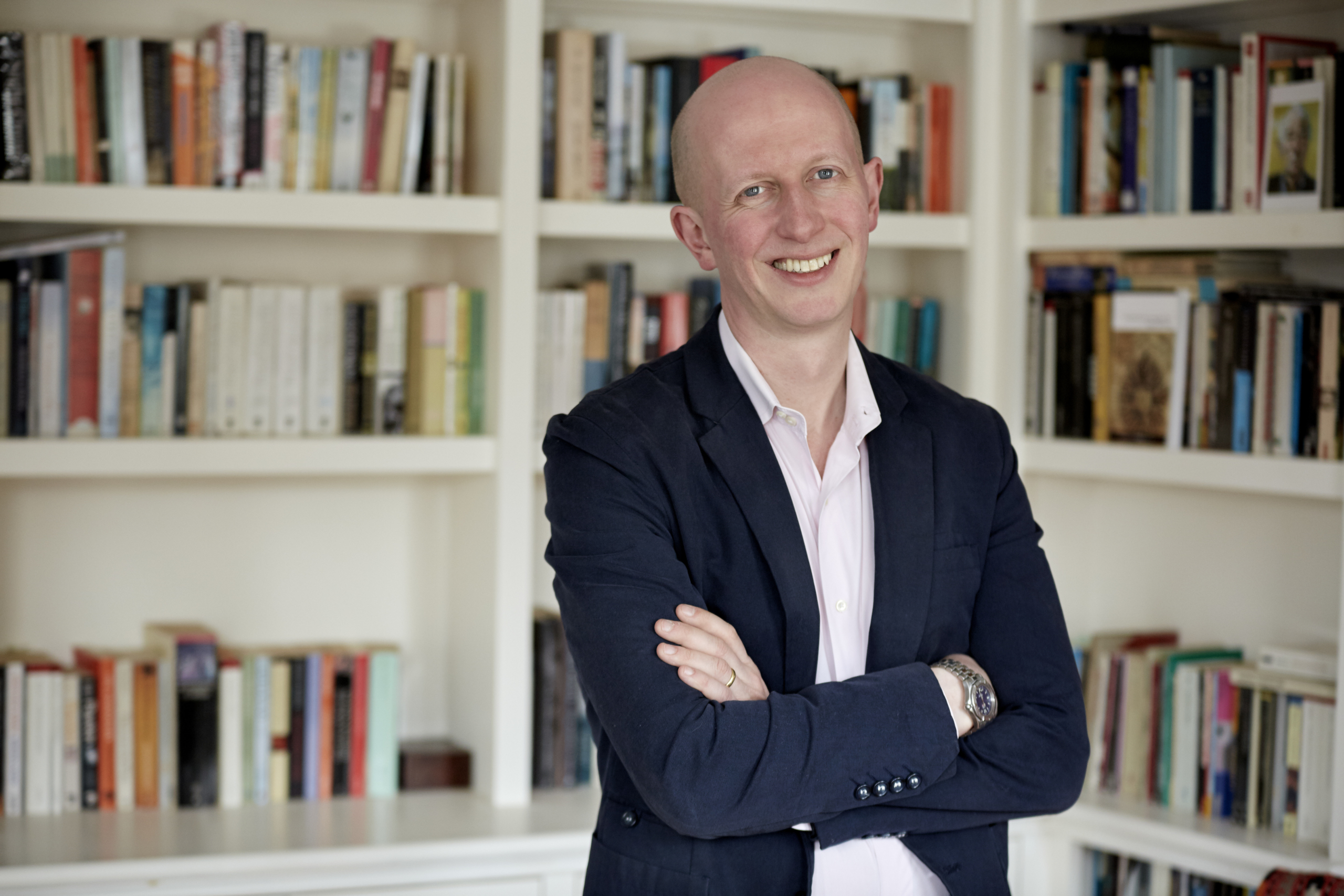
Guest Editorial 247: March 2021
I write this the day before the schools are due to reopen after what is hopefully be our final lockdown, and the talk from government is already – sadly and predictably – full of longer school days, shorter holidays and intensive academic catch up classes for children.
Of course, even with the phenomenal efforts of so many teaching staff and parents at home, some children will need to catch up on some missed academic learning. Reports of online fatigue, fading morale and low engagement as we near the end of lockdown are widespread. There is also another cohort of children, who have not been able to benefit from home learning because of lack of access to reading materials, screens and wi-fi, amidst other deprivations. These children will need all the extra support they can get, both now and in the future.
But for many, learning has not ‘stopped’, and the gaps in attainment will be assessed and dealt with accordingly over the coming year. What is far more serious, and affects every single child, has been the pause in emotional and creative development, through the absence of play.
They face a looming mental health crisis, after months isolated from friends, deprived of crucial social engagement at a critical point in their emotional lives, not to mention physical exercise, and participation in group activities such as drama and music. Referrals to mental health services for young people have skyrocketed, and research from Great Ormond St Hospital suggests record levels of ‘play deprivation.’
As many school leaderships recognise, what children most urgently need now is not academic catch up, but a chance to play with each other and learn how to be children again.
The irony is that when home schooling was in its pandemic infancy, as teachers and parents scrambled to rearrange their lives, a lot of children in this country found time to read and write. They chose books, from comics to classics, that they wanted to read. They were allowed to read at their own pace, and weren’t tested for comprehension every five minutes. They wrote for pleasure, enjoying storytelling for its own reward, not as a tool to assess grammar attainment. I set various creative writing challenges and competitions last summer, and both the volume and quality of the response was inspirational.
What struck me most from the National Literacy Trust research conducted in the first lockdown (mentioned in the last issue), is how often children who did read and write more during lockdown, mentioned time as a key factor. And that when they did, it made ‘them feel better’, offering a ‘valuable source of calm, escapism and relaxation.’ In other words, they did it for fun. But they learned at the same time.
In an anxious, data driven world, reeling from a pandemic, we must resist the temptation to timetable, coach and measure children into some perfectible version of themselves that can never exist. We should give them as much time and space to reconnect with each other as they need, alongside opportunities to express themselves through writing, performance, music and art, and chances to excel physically on the games pitch as well as mentally in the classroom. The intuition, confidence and creative skills gained from these activities is the catch up these play deprived children need.
Talking down a ‘doomed generation’ because of a year of home-schooling and missed exams will help no-one. But there is no doubt that the school children of today face considerable challenges – the climate crisis, an increasingly complex, interdependent and turbulent geopolitical landscape and entrenched social, racial and gender divides.
They can be met and overcome. But to do so, the adults of tomorrow will need every ounce of creativity, imagination, emotional intelligence and resilience they can lay their hands on. It can never have been less frivolous to say, above all else, ‘let them play.’
Piers Torday’s latest book is The Wild Before, published in August by Quercus Children’s Books.



